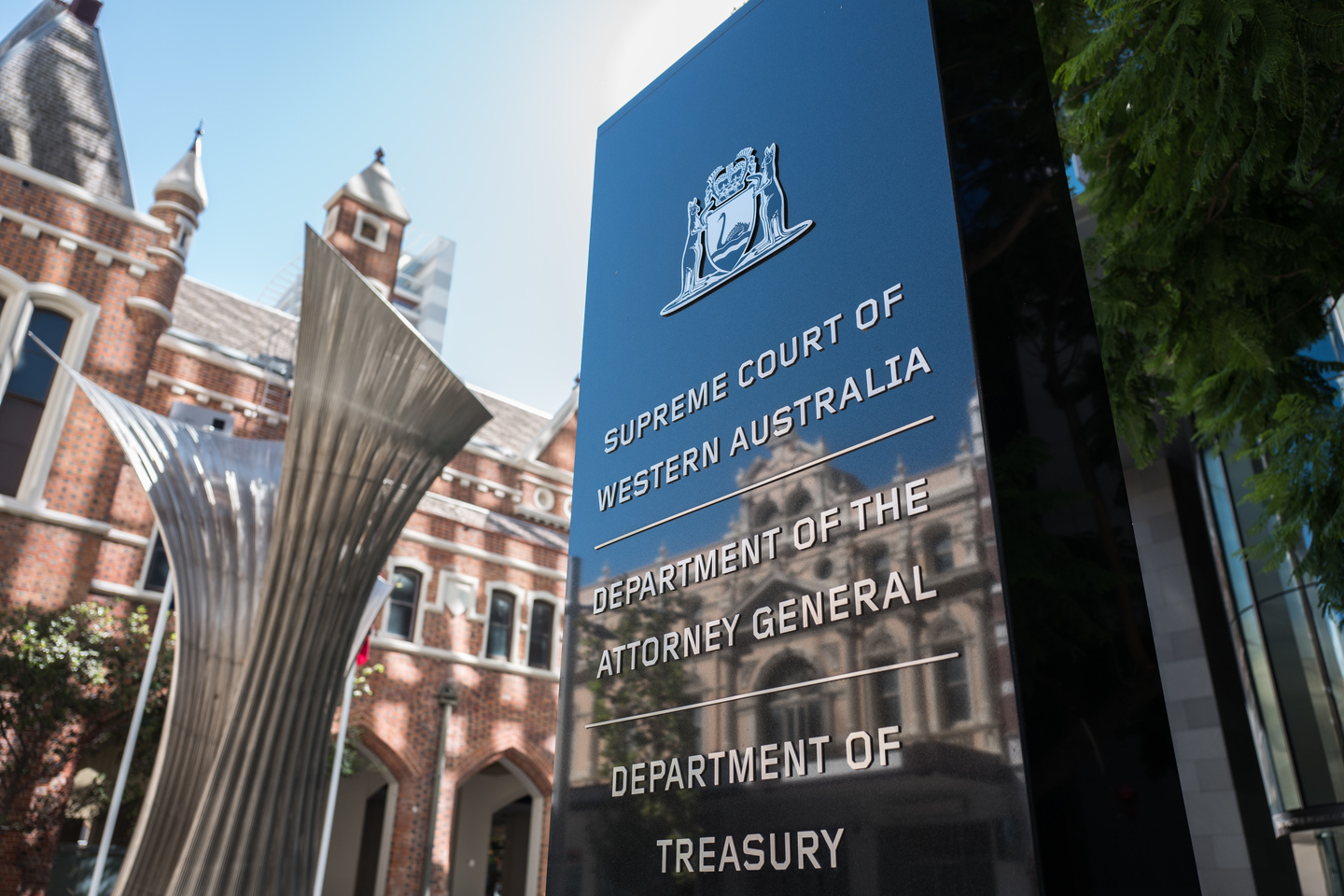
Decmil remains locked in a bitter battle with Avid Australia over $1.3 million in bills subsidiary Avid Resources disputed before its collapse, just weeks after revealing it too was facing financial issues.
Osborne Park-based Decmil Group took Avid Australia to court in November, claiming it owed the money as part of a parent company guarantee it signed when Avid Resources (AVRWA) commenced works at Rio Tinto’s Mesa mines.
Decmil alleged it sent two invoices and several demands for payment before mounting the legal action, seeking payment of the invoices or damages for breach of contract.
The legal action coincided with the appointment of administrators to Avid Resources, the engineering and construction subsidiary of AvidSys Group.
During a hearing in the Supreme Court this afternoon, Decmil’s lawyer James Scovell insisted the parent company’s obligations under the contracts were clear and unambiguous – that it was obligated to foot the bill if AVRWA didn’t.
“PCGs [Parent company guarantees] exist to protect the plaintiff from exactly what transpired here and non-payment by the counterparty – that should not be in dispute,” he told the court.
“It is a simplistic set of provisions that give rise to the liability.”
But lawyers for Avid told the court the amounts claimed had been disputed before its subsidiary collapsed and that there had been no determination by any court, arbitrator or otherwise of the dispute as raised by the subcontractor.
Further, Avid submitted there should be an overall reading of the contract, and that if a dispute arises, payment should not be due pursuant to the contract.
“We would submit that the contract needs to be read as a whole and the context taken into consideration,” Avid’s lawyer told the court.
“In the circumstances, it would be unreasonable and unworkable to have a situation where the contractor can issue a certificate for any amount and require payment within 10 or 14 days, essentially immediate payment, and that in itself brings about the liability to pay.
“Say the contractor is in need of cash, does that simply mean it is simply too bad for the subcontractor, who must just cough up the amount claimed?
“Then, if it is still alive, so to speak, it can initiate a dispute.
“It is someone within the plaintiff’s camp, a superintendent, that has purported to certify the claim.
“There is no independent superintendent, rather we’re exposed to the whims of the contractor as to whether we’re hit with an invoice and what it may say.
“The subcontractor disputed the relevant [invoices] and that dispute mechanism never reached completion, because it went into administration and is now in liquidation.”
It is the first time the matter has returned to the courts since the February hearing was vacated at the request of Avid, which sought more time to seek various documents it had difficulty accessing given the subsidiary was now in liquidation.
But Mr Scovell claimed the six weeks that had elapsed since were little more than a “fishing expedition” to see if there was a defence to the claim.
“There is no evidence that any further inquiries were made since we appeared before you last,” he told the court.
“There has been no application for orders against us for production of documents.
“Really, we say that it was no more than a fishing expedition and does not, in this instance, rise to provide the defendant with a viable defense to our claim.
“The reality is that AVRWA agreed to the contracts in those terms.
“From my perspective, unfortunately, the issue is the commercial bargain struck between the two parties.”
Avid had applied for a summary judgment, but Master Craig Sanderson reserved his decision.
The hearing comes just weeks after Decmil revealed it was expecting lower revenues and announced the resignation of chief executive Dickie Dique.
The company dropped its revenue guidance for FY22 to the $425 million to $450 million range from more than $500 million, forecasting a loss of between $10 million and $15 million.
It pinned the difficulties on supply chain issues, price escalation and border challenges that had led to a less on several contracts, as well as the ongoing dispute with AVRWA.








